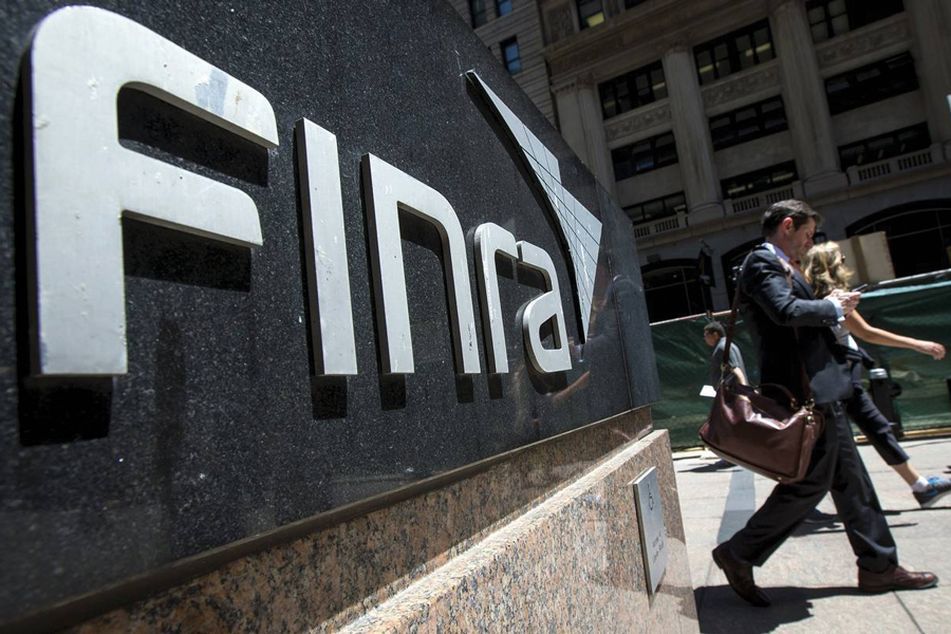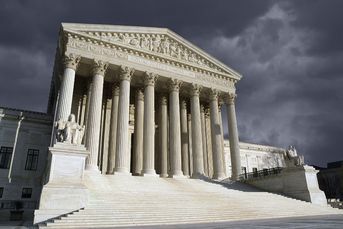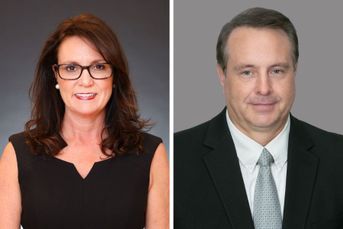Rep used DOL rule as cover to take $150,000 from VAs: Finra

The self-regulatory agency this week barred registered rep Louis Cook
A Staten Island, N.Y.-based registered rep who allegedly bilked $150,000 from elderly clients and parents of children with disabilities was barred this week by Finra.
Louis Cook, who was associated with National Planning Corp. and the Securities Service Network, allegedly used the Department of Labor’s now-defunct fiduciary rule as a ploy to get 11 clients to authorize him to take withdrawals from variable annuities he sold to them, according to a settlement order posted Monday by the Financial Industry Regulatory Authority Inc.
“Cook had met the customers through his approved outside business activity, a company that purportedly specialized in financial planning for parents and caregivers of individuals with special needs and advised the customers about Medicaid eligibility and other long-term care and special needs matters,” the order read. “Many of these customers were financially unsophisticated, elderly or parents of children with developmental disabilities.”
Mr. Cook did not immediately respond to requests for comment. He did not have any prior disciplinary history with Finra or the Securities and Exchange Commission, the order noted. He had been a registered rep affiliated with different firms since 1995.
According to Finra, he sent a cover letter and third-party authorization form between August and December 2016 to numerous clients, at least 11 of whom signed and returned the form. The authorization form allowed him to take withdrawals from their VA accounts, and he ultimately had $150,000 transferred to his personal bank account, the order stated.
The letters sent to customers stated that the third-party authorization forms were “necessary to allow Cook to continue to service the variable annuity … that the authorization was triggered by the Department of Labor’s ‘Fiduciary Rule’ and … that taking no action may limit the customers’ choices going forward.” The DOL rule, formally known as its Conflict of Interest rule, had no such requirements. And the clients did not intend to grant Mr. Cook access to their VAs in order to make payments to him, the Finra order stated.
Mr. Cook was affiliated with NPC between 2009 and 2017, when he voluntarily resigned, according to the order. He then was affiliated with the Securities Service Network from 2017 to 2018, when he was “terminated at the conclusion of an internal investigation of Mr. Cook’s fee debiting of client variable annuities,” the order read. Both NPC and SSN filed uniform termination notices of securities registration (Form U5) with Finra.
The self-regulatory body found that Mr. Cook violated Finra rules 2150(a) and 2010. The former does not permit members to “make improper use of a customer’s securities or funds,” and the latter requires members to follow “high standards of commercial honor and just and equitable principles of trade.”
In signing the settlement with Finra, Mr. Cook did not admit or deny the regulator’s findings, according to the agreement.
Learn more about reprints and licensing for this article.








